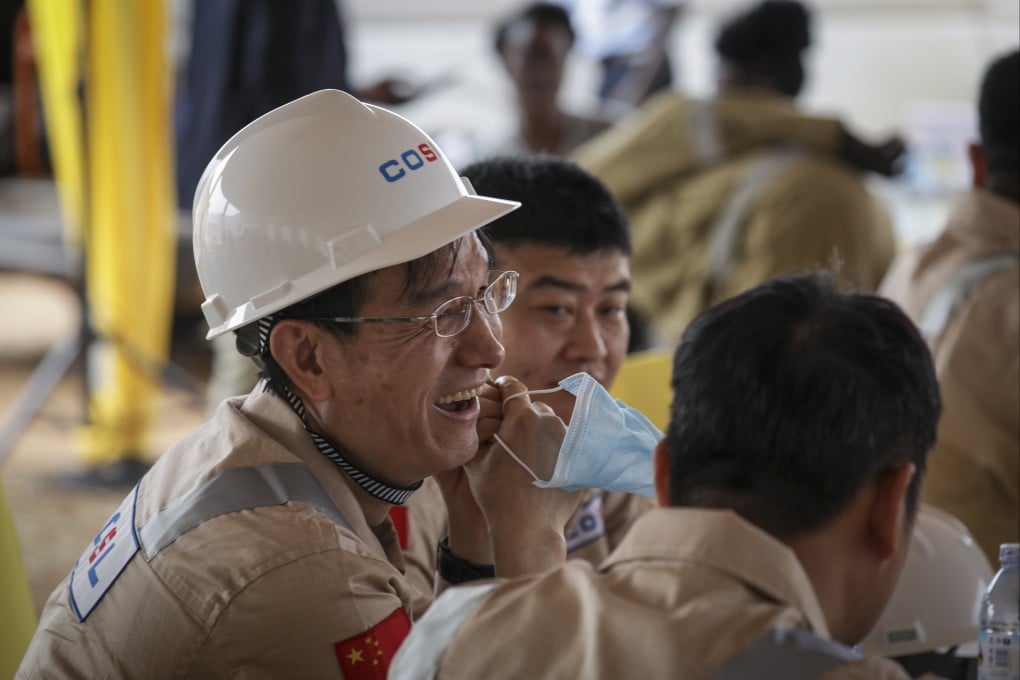Advertisement
Drilling starts at China oil giant’s controversial Ugandan field
- First rig commissioned at CNOOC Uganda’s Kingfisher oilfield as more than 70 African civic groups predict environmental peril
- Uganda has partnered with the Chinese company and France’s TotalEnergies to exploit the estimated 1.4 billion barrels of recoverable oil
Reading Time:3 minutes
Why you can trust SCMP
5

The Ugandan subsidiary of the giant China National Offshore Oil Corporation (CNOOC) has started drilling production wells at the Kingfisher oilfield on the shores of Lake Albert, amid protests from environmentalists.
President Yoweri Museveni commissioned the first of four planned drilling rigs on Tuesday, in a major step towards Uganda’s target of producing its first commercial oil in 2025 – almost two decades after it was discovered there.

The rig will drill 31 wells, with 20 used to produce oil while 11 will improve production by injecting water into the reservoir.
Advertisement
The Kingfisher site, operated by CNOOC Uganda Ltd, is one of two commercial oil development projects in the country. The other – at Tilenga in western Uganda – is operated by France’s TotalEnergies.
At the commissioning ceremony, Museveni thanked the French government for not giving in to European Parliament pressure for TotalEnergies to drop the Uganda project over environmental and human rights concerns.
Advertisement
“France has not given us trouble. For the EU parliament, we told them to go to hell but the French government did not cause us any problems,” Museveni said.
Advertisement
Select Voice
Select Speed
1.00x